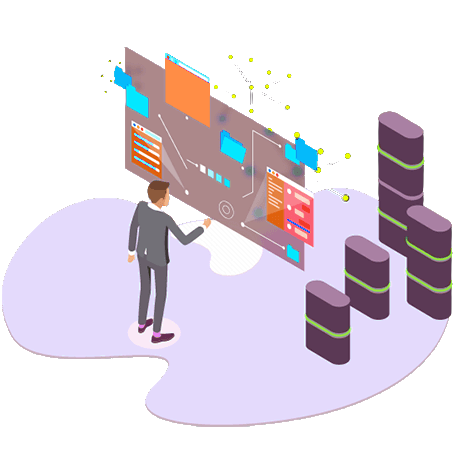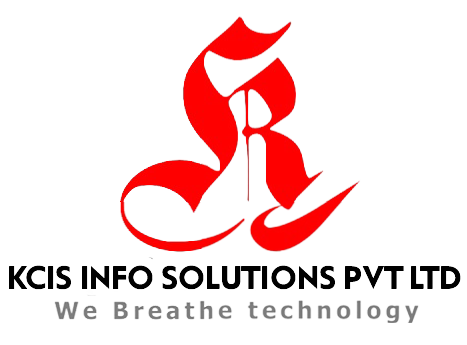MLM Softwares

MLM (Multi-Level Marketing) software is a specialized tool designed to facilitate and manage the operations of MLM businesses. MLM, also known as network marketing or direct selling, is a business model where salespeople earn commissions not only for their own sales but also for the sales made by people they recruit into the network. MLM software helps automate various aspects of MLM businesses, making them more efficient and scalable. Here are some key features and functions of MLM software
MLM (Multi-Level Marketing) software is a specialized tool designed to facilitate and manage the operations of MLM businesses. MLM, also known as network marketing or direct selling, is a business model where salespeople earn commissions not only for their own sales but also for the sales made by people they recruit into the network. MLM software helps automate various aspects of MLM businesses, making them more efficient and scalable. Here are some key features and functions of MLM software

User Management: MLM software allows you to manage user accounts, including distributors, downlines, and customers. It should provide options for user registration, account creation, and profile management.
Commission Calculation: One of the most critical functions of MLM software is calculating commissions and bonuses for distributors. It should support various compensation plans, such as binary, matrix, unilevel, and more, and accurately calculate earnings for each distributor based on their sales and downline activity.
Genealogy Tree: MLM software typically includes a visual representation of the genealogy tree, showing the hierarchical structure of the network and the relationships between distributors and their recruits.
Sales Tracking: It should track product sales, both retail and wholesale, as well as track the sales made by each distributor and their team.
E-Wallet and Payment Processing: MLM software often includes an e-wallet system that enables distributors to receive commissions and bonuses electronically. It should also integrate with various payment gateways for online payments.
Inventory Management: For MLM companies that sell physical products, inventory management features can help track product stock levels and manage orders.
Marketing Tools: MLM software may include marketing tools such as email marketing, lead generation, and promotional materials to help distributors grow their network and increase sales.
Reporting and Analytics: Robust reporting and analytics features are essential for monitoring the performance of the MLM business. Users should be able to generate reports on sales, commissions, and other key metrics.
Security: Security is critical to protect user data and financial transactions. MLM software should have robust security measures, including data encryption and user authentication.
Website Integration: Many MLM companies have their own websites or online stores. MLM software can integrate with these websites to provide a seamless experience for distributors and customers.
Mobile Apps: Mobile apps can be crucial for distributors to manage their business on the go. MLM software may offer mobile apps for both Android and iOS platforms.
Support and Training: MLM software providers often offer support and training to help MLM companies and their distributors use the software effectively.
Compliance: MLM businesses are subject to various regulations and legal requirements. MLM software should include features to help with compliance, including tracking sales and income for tax purposes.
When choosing MLM software, it's important to select a solution that aligns with your specific business needs and compensation plan. Additionally, consider factors like scalability, ease of use, and customer support when evaluating different MLM software options.

